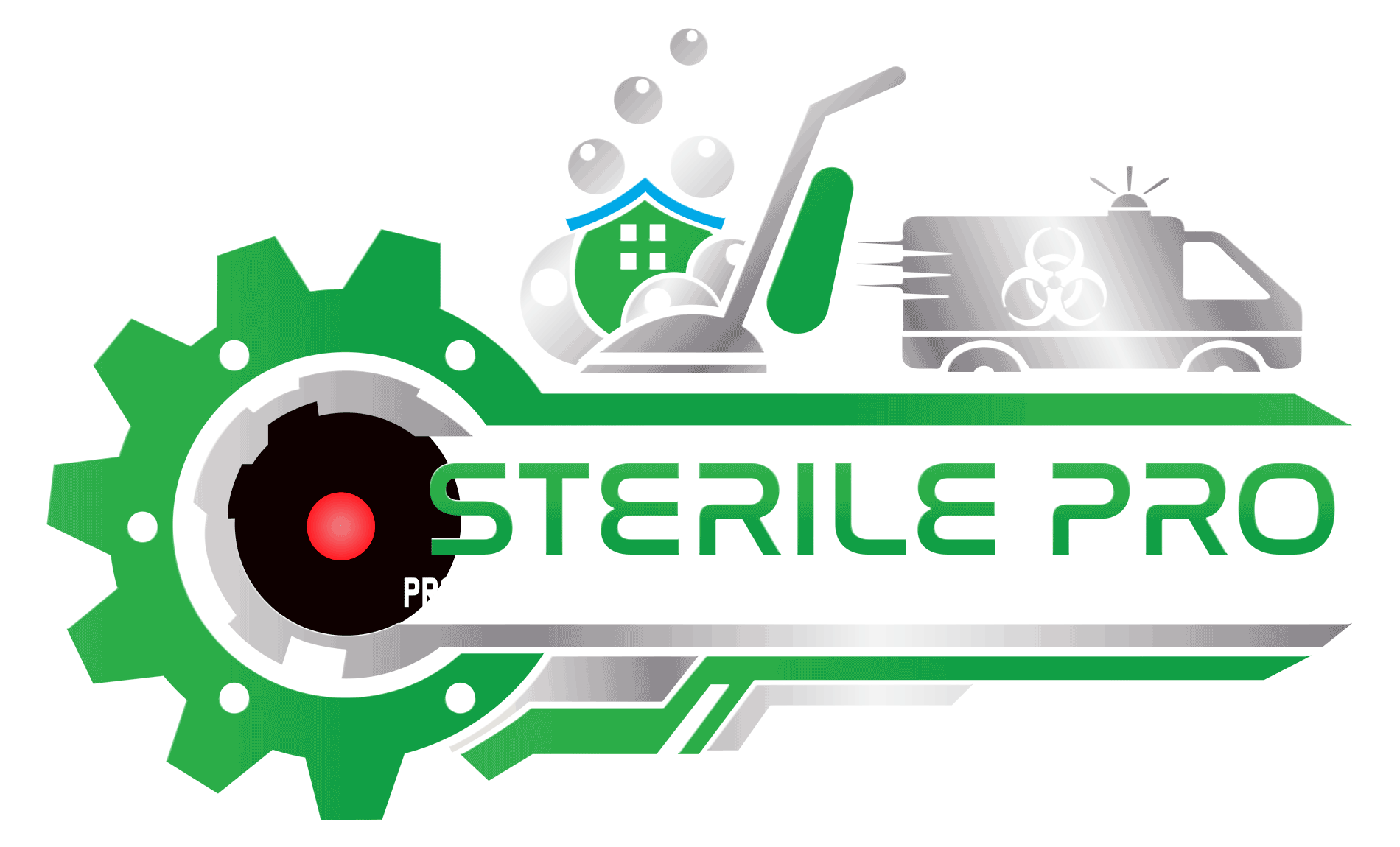Sanitation Franchise Business Trends: Driving Growth in a Post-Pandemic World

In the wake of global health crises like the COVID-19 pandemic, industries centered around sanitation and cleanliness have witnessed a significant paradigm shift. Among these, the sanitation franchise business sector has emerged as a robust and resilient market, adapting swiftly to new demands and expectations in a post-pandemic world. This transformation isn’t merely a response to recent events but reflects a broader evolution in consumer behavior towards heightened hygiene consciousness and the prioritization of health and safety standards.
Sanitation franchise businesses, ranging from commercial cleaning services to specialized disinfection solutions, have become pivotal players in ensuring environments remain safe and sanitized. This heightened awareness has driven unprecedented demand across various sectors, including healthcare facilities, hospitality venues, offices, and retail spaces. The emphasis is no longer solely on cleanliness but on certified sanitation protocols that can effectively mitigate the spread of viruses and bacteria.
Key trends driving the growth of sanitation franchises include the adoption of advanced cleaning technologies such as electrostatic sprayers, UV disinfection systems, and antimicrobial coatings. These innovations not only enhance cleaning efficacy but also provide reassurance to clients seeking thorough and reliable sanitization services.
Moreover, the rise of eco-friendly and sustainable cleaning practices is another notable trend. Consumers and businesses alike are increasingly prioritizing solutions that minimize environmental impact without compromising on cleanliness standards. This shift has compelled sanitation franchises to integrate green cleaning products and procedures into their service offerings, catering to a conscientious market segment concerned with sustainability.
Financially, the sanitation franchise sector has proven its resilience, attracting entrepreneurs looking for recession-resistant business opportunities with stable revenue streams. Franchise models offer a structured approach to business ownership, providing comprehensive training, marketing support, and established brand recognition that facilitate quicker market penetration and scalability.
As we navigate a post-pandemic landscape characterized by ongoing health concerns, the sanitation franchise business is poised for continued growth. By staying agile, innovative, and responsive to evolving consumer needs, these franchises are not only meeting current demands but also shaping the future standards of cleanliness and hygiene across industries.
The Role of Technology in Enhancing Sanitation Practices
Technology has become a cornerstone of modern sanitation franchises, revolutionizing cleaning practices and setting new standards for effectiveness and efficiency. Electrostatic sprayers have gained popularity for their ability to evenly coat surfaces with disinfectant, ensuring comprehensive coverage in a shorter time frame compared to traditional methods. These devices use electrostatic force to charge disinfectant particles, causing them to adhere electromagnetically to surfaces, including hard-to-reach areas and irregular surfaces. This technology not only enhances the thoroughness of sanitation efforts but also reduces the amount of disinfectant required, making it a cost-effective solution for franchise operators and their clients.
UV disinfection systems represent another technological advancement gaining traction within the sanitation franchise industry. UV-C light, with its germicidal properties, effectively destroys bacteria and viruses by disrupting their DNA and RNA, thereby rendering them unable to replicate. This method provides a chemical-free alternative or complement to traditional cleaning methods, appealing to clients seeking environmentally friendly and non-toxic sanitation solutions. Sanitation franchises incorporating UV disinfection systems can offer a higher level of sterilization assurance, particularly in sensitive environments such as healthcare facilities, laboratories, and food processing facilities.
Meeting Industry-Specific Demands: Healthcare, Hospitality, and Beyond
Sanitation franchise businesses are increasingly tailoring their services to meet the unique demands of various industries, recognizing that different sectors have distinct sanitation requirements. Healthcare facilities, for instance, demand stringent infection control measures to prevent healthcare-associated infections (HAIs) and maintain patient safety. Sanitation franchises serving this sector must adhere to rigorous standards and regulations, including those set by organizations such as the Centers for Disease Control and Prevention (CDC) and the Occupational Safety and Health Administration (OSHA).
In the hospitality industry, sanitation plays a critical role in guest satisfaction and safety. Hotels, resorts, and restaurants rely on sanitation franchises to uphold high cleanliness standards to protect their reputation and ensure guest comfort. The COVID-19 pandemic has heightened consumer awareness of hygiene practices, making cleanliness a top priority for travelers and diners alike. Sanitation franchises catering to hospitality clients often provide customized cleaning schedules and services that address both routine maintenance and heightened disinfection protocols during peak occupancy periods.
Beyond healthcare and hospitality, sanitation franchise businesses are also finding opportunities in office environments, where maintaining a clean and safe workspace is essential for employee well-being and productivity. Regular cleaning and disinfection not only reduce absenteeism due to illness but also contribute to a positive work environment. Sanitation franchises specializing in office cleaning may offer services such as daily janitorial tasks, carpet and upholstery cleaning, and specialized disinfection of high-touch surfaces like keyboards, doorknobs, and communal areas.
Embracing Sustainability: Green Cleaning Practices and Eco-Friendly Solutions
The shift towards sustainability is reshaping the sanitation franchise landscape, prompting businesses to adopt green cleaning practices and eco-friendly solutions. Clients increasingly prioritize environmental responsibility and seek cleaning services that minimize their carbon footprint. Green cleaning products, which include biodegradable cleaners, reusable microfiber cloths, and energy-efficient equipment, offer effective alternatives to traditional cleaning chemicals without compromising sanitation standards.
Sanitation franchises committed to sustainability not only appeal to environmentally conscious clients but also differentiate themselves in a competitive market. Certification programs such as the Green Seal certification ensure that franchise operations meet rigorous environmental standards, providing assurance to clients and stakeholders alike. By incorporating sustainable practices into their business models, sanitation franchises contribute positively to community health and environmental stewardship while attracting a growing segment of socially responsible consumers.
Regulatory Compliance and Safety Standards: Navigating a Complex Landscape
The sanitation franchise industry operates within a regulatory framework designed to ensure public health and safety. Franchise operators must navigate a complex landscape of local, state, and federal regulations governing sanitation practices, workplace safety, and environmental protection. Compliance with these regulations is non-negotiable, as failure to adhere to standards can result in legal liabilities, fines, and damage to reputation.
For franchise businesses, staying abreast of regulatory updates and maintaining adherence to evolving standards is paramount. This includes proper training of staff on sanitation protocols, the safe handling and disposal of cleaning chemicals, and the use of personal protective equipment (PPE) where required. Franchise networks often provide comprehensive support in regulatory compliance, offering guidance, training programs, and resources to ensure franchisees operate within legal boundaries and uphold industry best practices.
Franchise Opportunities in the Sanitation Sector: Advantages and Considerations
The sanitation franchise sector offers aspiring entrepreneurs a compelling business opportunity characterized by stability, scalability, and built-in demand. Franchising provides a proven business model with established brand recognition, operational support, and marketing resources that expedite the launch and growth of a new business. For individuals looking to enter the sanitation industry, franchising offers a low-risk entry point compared to starting an independent business, with the added benefit of ongoing training and professional development.
Advantages of joining a sanitation franchise include access to centralized purchasing agreements for cleaning supplies and equipment, which can lower operational costs through bulk discounts. Franchise networks also facilitate peer networking and knowledge sharing among franchisees, fostering a collaborative environment where best practices can be exchanged and operational efficiencies realized. Additionally, franchisors often conduct market research and feasibility studies to identify optimal territories for new franchise locations, helping franchisees make informed decisions that maximize their business potential.
While the sanitation franchise model offers numerous advantages, prospective franchisees should consider several key factors before investing. These include the initial franchise fee and ongoing royalty payments, which are typically calculated as a percentage of gross sales. Franchise agreements outline the rights and responsibilities of both parties, including territorial rights, operational guidelines, and terms of support provided by the franchisor. It is essential for potential franchisees to conduct thorough due diligence, review the franchise disclosure document (FDD), and seek professional advice to ensure alignment with their business goals and expectations.
Conclusion
In conclusion, the sanitation franchise business is poised for sustained growth in a post-pandemic world shaped by heightened hygiene awareness and stringent cleanliness standards. Technological advancements, industry-specific adaptations, and a commitment to sustainability are driving forces propelling the sector forward. Franchise opportunities within the sanitation industry offer entrepreneurs a path to business ownership with built-in demand, operational support, and the potential for scalability. By embracing innovation, adhering to regulatory compliance, and meeting evolving consumer expectations, sanitation franchises can position themselves at the forefront of an essential industry dedicated to promoting health, safety, and environmental responsibility.
“For more information please click on this link“



